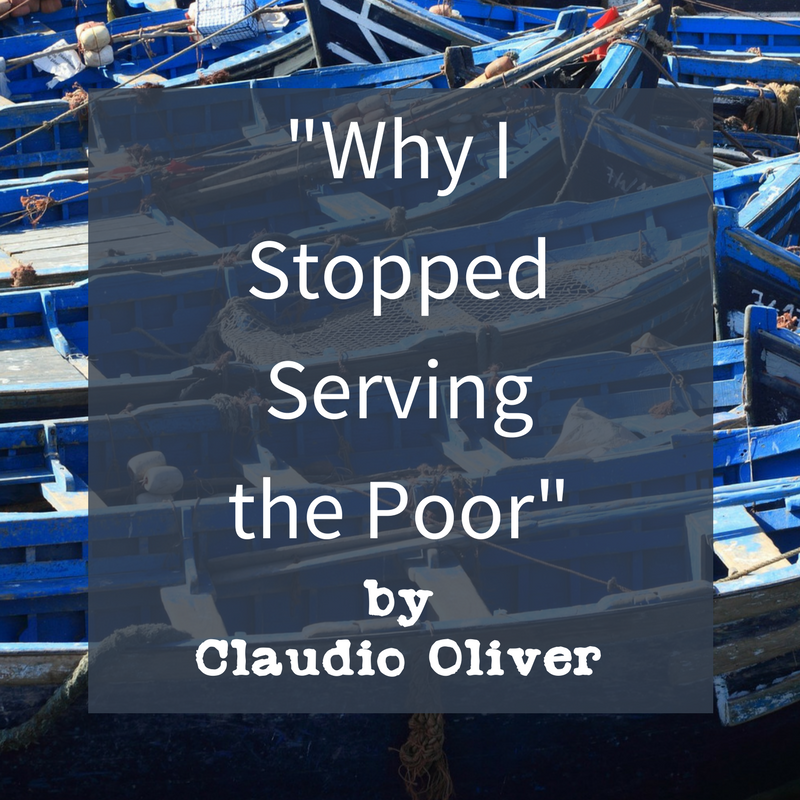 When a talented writer gets a piece of the pie, today I rejoice. Especially if I had a hand in pushing that pie toward them. But today is today. Yesterday is not, tomorrow is not. The psychology behind trying to be a published writer wears me out often, and when I look at it through the lens of scarcity, I see why. Whether it’s my economic wealth or my lexical fame, scarcity growls like a lion seeking to devour me. Four years ago, my husband and I moved back to North Carolina after living as missionaries in northern Mexico. The American Dream—though we denounced it over and over with our words—was in our hearts and in our minds. We thought we’d finally get to grab a piece of the economic pie that is so massive in our own country, after living for four years off about $1,000 a month. Rather than eating that pie, it was thrown in our face. We struggled over and over again to make ends meet. We were on unemployment, Medicaid, and our children were on WIC. We were grateful for government help, but resented it at the same time. We were grateful for familial help, but resented it at the same time. After three years, we finally had stable jobs, stable income, and we could start paying back the many debts we owed. For those three years, we were in survival mode: always dreaming of a better life, often mad at the dream itself. But what we didn’t realize was that on the other side of survival mode is hoarding mode. And the inbetween of those two modes is as up and down emotionally as survival mode was. One moment we are deeply grateful that we are no longer in survival mode. The next moment we are content; the very next we are fearful that we will fall right back into survival mode. So not only do we hoard to pay for tomorrow, we hoard to repay for yesterday. Our past and our future are filled with nightmares of scarcity. And so it goes with writing fame. One moment I am deeply grateful for all the publishers who have given me a piece of the pie. The next moment I am content. The very next, I am fearful that I will fall right back into a time and place where no one knows my name, and no one cares about the words I toil over. Nightmares of scarcity are never calmed by gaining more. In an economy where production is an idol, nightmares of scarcity are never scarce. In Sabbath as Resistance, Walter Bruggemann says, “That violent restlessness makes neighborliness nearly impossible. … The narrative is a rendering of recurring social relationships legitimated by anti-neighborly gods who give warrant, in the interest of commodity, to redefine neighbors as slaves, threats, rivals, and competitors.” And indeed, whether in survival mode or in hoarding mode, it is easy to see my neighbors as threats. But rest comes in the form of neighborliness. So I challenge myself and all my other writer colleagues to actively reject the idea that there is only so much room at the publisher’s table. To reject that there are only a certain amount of eyes that will read our words. Even as I write this, there is a voice in my head that says: ‘but it’s true, there is only a certain amount of space at the table.’ Yes, we now live in an era where we see a myriad of artists around us—and as an artist that can be simultaneously encouraging and discouraging. And yes, it’s harder to get a book published in some ways because you have to have the big platform we all love and hate simultaneously. But there are tangible disruptors among all of this: new grassroots blogs, new magazines, new networks. Still, we need intangible disruption as well. As we keep trying to make our way in, may we be the internal disruptors:
0 Comments
Leave a Reply. |
Gena's
|

 RSS Feed
RSS Feed

